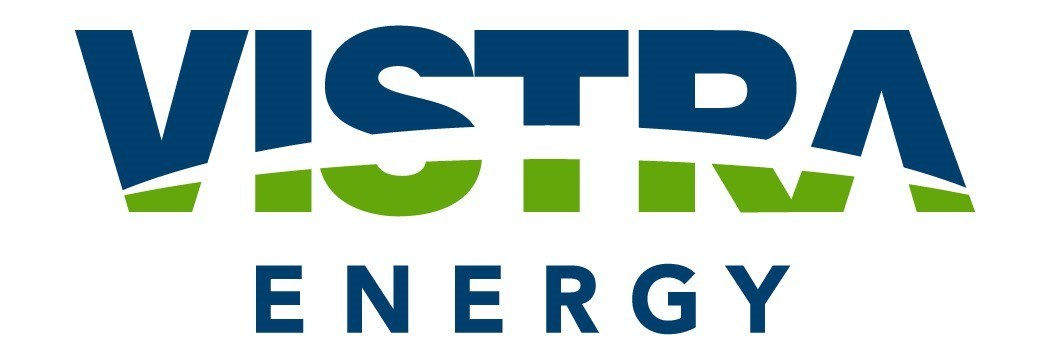Vistra Energy (VST:
NYSE), an integrated power producer
based in Texas, is buying one of its competitors, Dynegy (DYN: NYSE).
Dynegy operates power generation facilities in Texas as well as the Northeast,
Mid-Atlantic and Midwest with a total capacity near 27,000 megawatts. Vistra will add the Dynegy properties to its
own 18,000 megawatt capacity Texas. The
all-stock deal is valued at $1.74 billion and is expected to close
mid-2018. Dynegy shareholders will get
0.652 shares of Vistra Energy for each Dynergy share. At the time of the deal announcement that was
about $13.24 per share.
What will investors get in Vistra shares once the deal
is completed?

All else equal,
the two operations combined could product approximately, $1.1 billion in
operating cash flow. Vistra has been
trading at about 15.9 times cash flow from its own operations. If the combination is able to retain this
valuation, the implied market value is $17.5 billion. Unfortunately, that valuation might be less
than assured. In a joint conference call
with analysts and investors, the management teams provided their own estimate
of $10 billion in market capitalization.
That translates into approximately $19.40 per share.
Dynegy brings a whopping
$8.7 billion in additional debt to the mix.
It is the debt, of course, that drove Dynegy into Vistra’s grasp in the
first place. Dynegy’s debt-to-equity
ratio is 4.35, making it one of the most levered energy producers in the
sector. Vistra Energy already has $4.6
billion in long-term debt on its balance sheet, so the combination will have
$13.3 billion in debt to support with about $700 million in interest payments.

Investors are
likely to view the heavy debt burden with some healthy skepticism. Will the merits of Vistra’s expansion into
new markets through Dynegy outweigh the risks associated with Dynegy’s heavy
debt load? Vistra intends to deploy its
Texas-style electric grid to Dynegy’s natural gas generation fleet in the
Midwest and Northeast. The joint
presentation claimed $350 million per year in operational benefits as measured
by earnings before interest, depreciation and amortization (EBITDA) and $65
million in free cash flow benefits.
If the
Vistra-Dynegy combination can achieve any amount of operating leverage, it
could have an impact on Dynegy’s debt situation. With improved interest coverage from higher
EBITDA, existing debt could be replaced with lower-interest issues. This would result in reduced the interest
burden.
So far Vistra
shareholders have responded with less than full-throated enthusiasm to the plan
even with the impressive measures of synergy.
On the first day of trading following the announcement, VST closed down 9.4%
from the stock’s 52-week high price set two days earlier. The trading action brought the stock down to
a level in line with management’s post-deal valuation estimate. Of course, Dynegy shareholders were doing
cartwheels, bidding DYN higher by 58.5% on that first day. Heavy volumes dominated trading in both
stocks.
The
Vistra-Dynegy tie-up is worth considering.
Dynegy shares have slipped further below the offer price of $13.24 than
is expected of the usual spread. For those who view the deal as a foregone
conclusion, DYN could be the way to play for those who have not yet ‘bought a
ticket’ to see the new shape of Vistra Energy.
Neither the author of the Small Cap Strategist web
log, Crystal Equity Research nor its affiliates have a beneficial interest in
the companies mentioned herein.
No comments:
Post a Comment